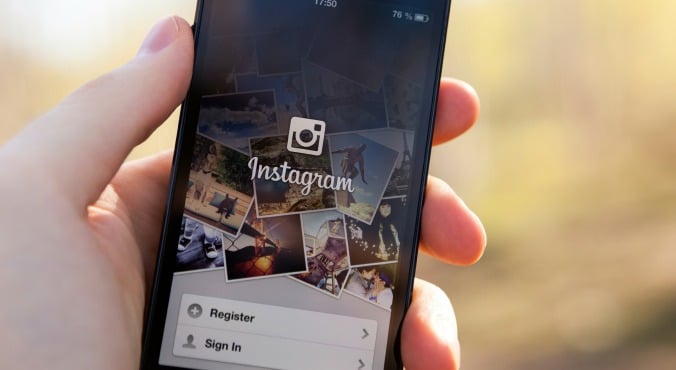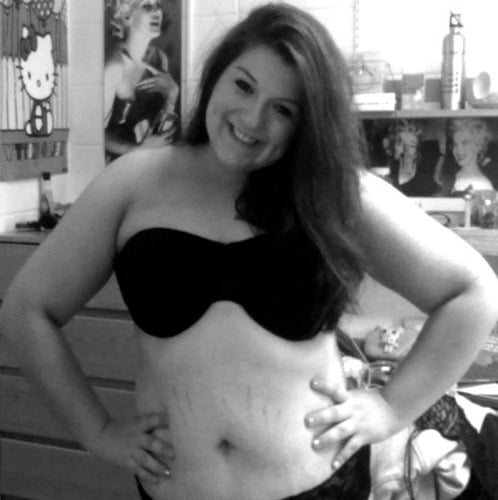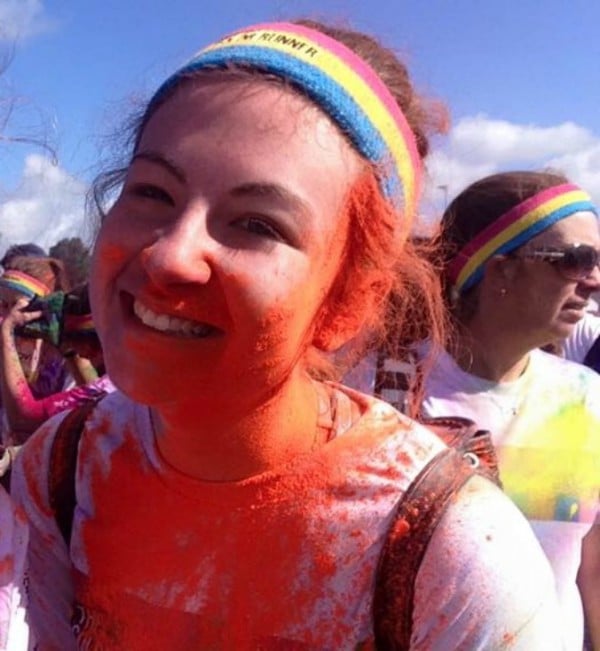
Image: iStock.
You’re scrolling through Instagram, maybe mindlessly, maybe desperately trying to avoid awkward conversation with the strangers in the lift or next to you on the train.
Quickly you run your fingers past the #blessed couple selfie from your friend and her new boyfriend, your colleague’s smashed avocado brunch, a sunset holiday snap from someone you met just once (even so, you’ll give it a like) and then, you falter.
In your feed is a series of snaps from those #fitspo accounts you followed in preparation for your New Years resolution of getting fit/ back into that dress/gain that six pack that seems to have slightly, erm, fallen by the wayside.
You know the kind – an impossibly fit women in matching fluoro crop top and shorts fresh from working out, despite the absence of a single bead of sweat on her face. Or perhaps it’s another “candid” bikini snap from an account that boasts tens of thousands of followers.
Logically, you know these are carefully constructed posts (cheers, Essena O’Neill) or more likely that a lot of work, sweat and training goes on to get the poster to this point of athleticism, but still you begin to doubt yourself.
Watch: Christine Anu talks about the worries of body image. (Post continues after video.)


